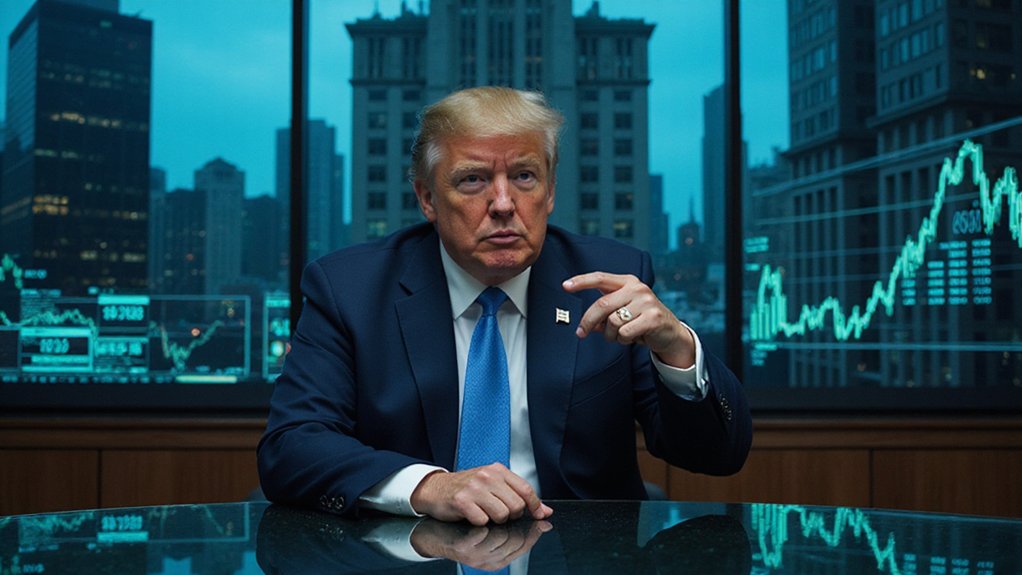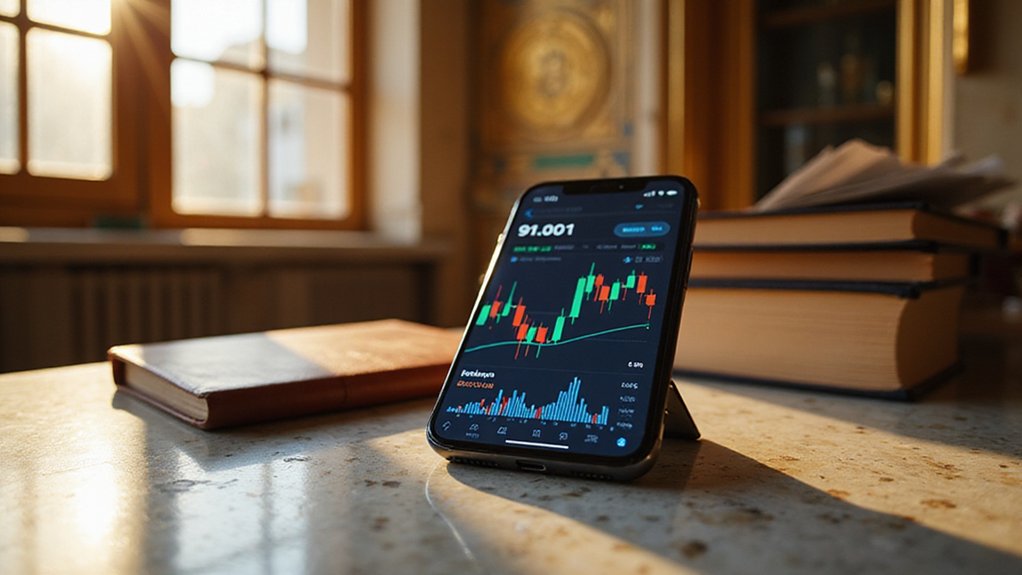The nascent UK-US Fintech Alliance represents perhaps the most consequential bilateral financial technology partnership on the horizon, promising to reshape transatlantic capital flows while simultaneously addressing the regulatory fragmentation that has long bedeviled cross-border innovation.
The transformative UK-US Fintech Alliance stands poised to dismantle regulatory barriers while revolutionizing how capital traverses the Atlantic.
Though not yet formalized, this collaboration builds upon recent joint efforts in AI safety—a harbinger of deeper technological cooperation that may soon extend into financial services ecosystems on both sides of the Atlantic.
As UK FinTech Week 2025 looms large on the calendar, industry watchers anticipate announcements that could crystallize this partnership, potentially connecting London’s Square Mile innovators with their Wall Street and Silicon Valley counterparts.
The timing couldn’t be more propitious; both nations find themselves steering the choppy waters of post-pandemic economic recalibration while facing existential competitive threats from emerging fintech hubs in Asia¹.
The alliance’s value proposition hinges on regulatory harmonization—no small feat given the disparate approaches to financial oversight that characterize these markets.
This collaboration could accelerate the development of tokenized deposits that blend traditional banking systems with the efficiency advantages of blockchain technology.
American regulators’ predilection for rules-based frameworks stands in contrast to the UK’s principles-based approach (a distinction that has historically frustrated more than a few compliance officers).
Yet therein lies the opportunity: bridging these philosophical divides could create a regulatory template with global implications.
Technology transfers between these markets may accelerate innovations in blockchain, AI, and quantum computing applications for finance.
The fertile cross-pollination of ideas—from London’s expertise in open banking to America’s prowess in data analytics—creates an intellectual crucible from which tomorrow’s financial infrastructures may emerge.
Challenges abound, naturally.
Data privacy reconciliation between GDPR-influenced UK standards and America’s more sectoral approach represents just one of many thorny issues.
Members can stay informed through the Knowledge Bank which provides essential resources for understanding evolving regulatory landscapes across both jurisdictions.
Cultural differences in risk appetite and market structure will require delicate navigation.
The highly anticipated exclusive fireside chat with Ambassador Jon Huntsman at the Future of Fintech 2.0 Conference could provide crucial insights into the alliance’s development trajectory.
Nevertheless, the potential rewards—enhanced cybersecurity protocols, streamlined cross-border payments, and democratized access to capital—make the case for collaboration compelling.
For fintech entrepreneurs and institutional players alike, this unlikely alliance may represent that rarest of opportunities: a genuine paradigm shift in how financial technology evolves across two of the world’s most sophisticated markets.
¹Though Singapore and Shanghai have made remarkable strides in recent years.









